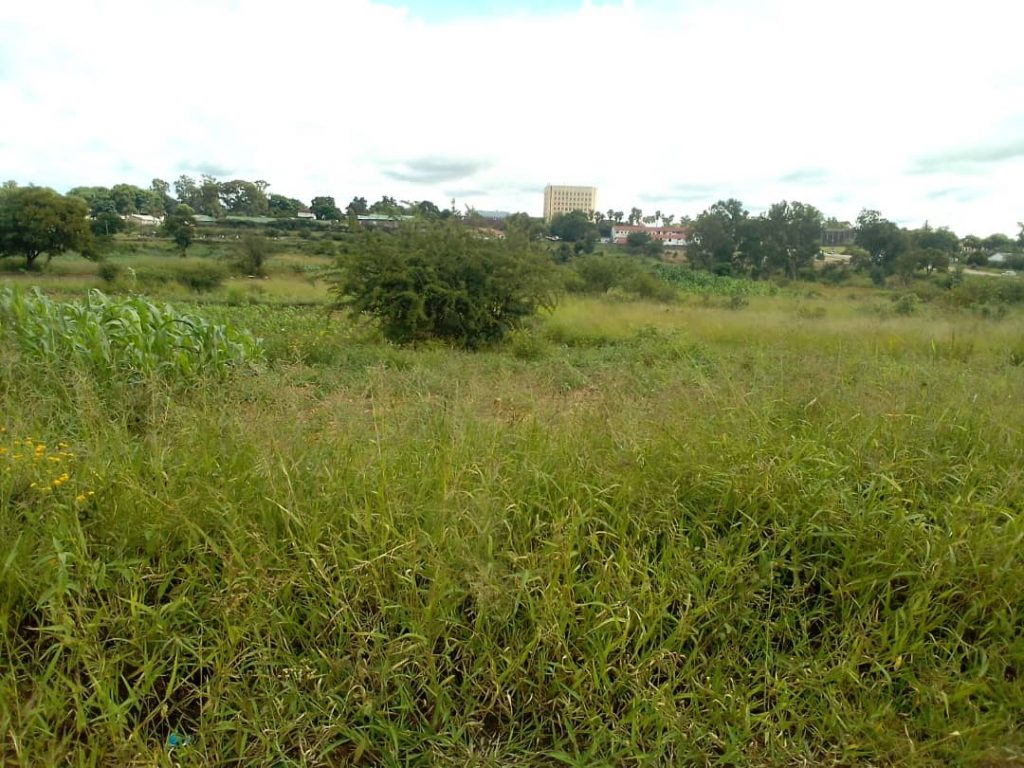ECC Champion
The Zimbabwean government has sprung to the defense of wetlands through a National Wetlands Policy document whose objective among others is to enhance and maintain functions and values derived from wetlands in order to protect biodiversity and improve livelihoods in communities.
Zimbabwe has a variety of wetlands which cover 34.96 percent of the total area of the country.
Wetlands provide many benefits that include food and habitat for fish and wildlife, water quality improvement, flood and erosion control.
In his foreword to the policy, President Emmerson Mnangagwa said the document came about following the frequency and severity of droughts and floods which have been affecting the country.
“My government recognizes the threats that Zimbabwe’s wetlands face and also their impacts on human settlements through shortage of water or flooding hence this wetlands policy to guide the national trajectory without leaving anyone and any place behind.
“The implementation of this wetland policy places a responsibility on all sectors of development to incorporate and mainstream wetland protection strategies into their development programmes.
“I urge all relevant institutions to develop and implement local management plans for the protection and restoration of degraded wetlands while all citizens also take up the sustainable management of wetlands as their responsibility,” said Mnangagwa.
Minister of Environment, Climate, Tourism and Hospitality Industry, Mangaliso Ndhlovu, said the policy sought to ensure that the plans and activities of government ministries, departments and agencies and all other stakeholders promote conservation and wise use of wetlands commensurate with national circumstances.
“Zimbabwe acceded to the Ramsar Convention in 2013 recognizing the importance of these dynamic sensitive ecosystems that are biodiversity hotspots as well.
“Despite all the important benefits the nation derives from wetlands, the country has witnessed significant loss of these vital assets because of a number of anthropogenic activities which include agriculture, infrastructure development, deforestation, mineral extraction, solid and liquid waste disposal and fresh water diversion,” said Ndhlovu.
Ndhlovu said climate change has also had a negative impact on the country’s wetlands.
“This has resulted in 17.63 percent of the wetlands remaining in a pristine condition, 55.65 percent moderately degraded and 26.72 percent being severely degraded.
“Some of these wetlands such as the Victoria Falls are recognized as important conservation areas, listed as Ramsar Sites and World Heritage Sites,” said Ndhlovu.
The National Wetlands Policy in anchored on five pillars in order to effectively guide its implementation.
The pillars include wetlands identification, wetlands management, wetlands utilization, international obligations and cross cutting issues.
This report was made possible through support from WAN-IFRA Media Freedom’s Strengthening African Media Programme: Climate Change and Environmental Reporting. Views expressed here do not belong to WAN-IFRA






